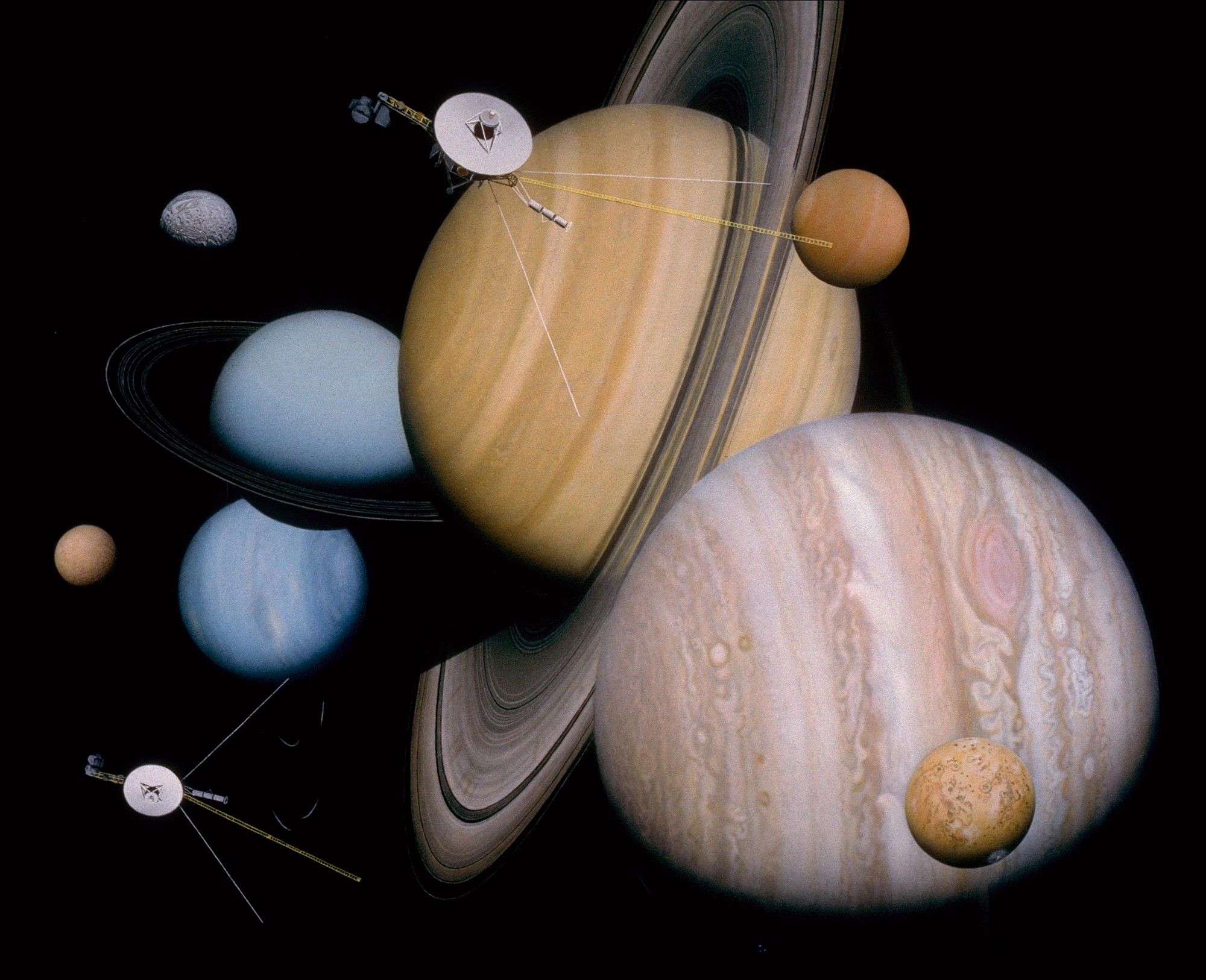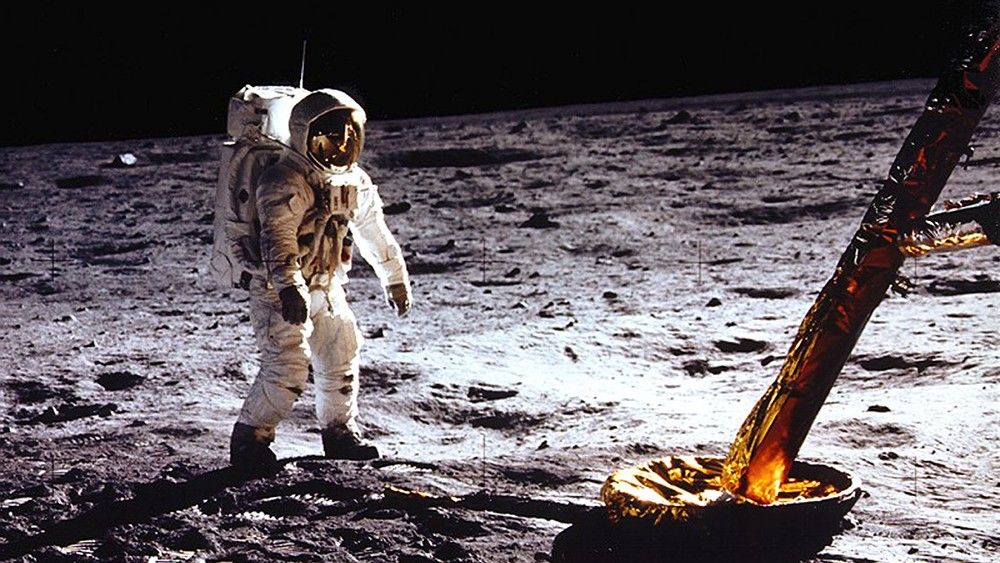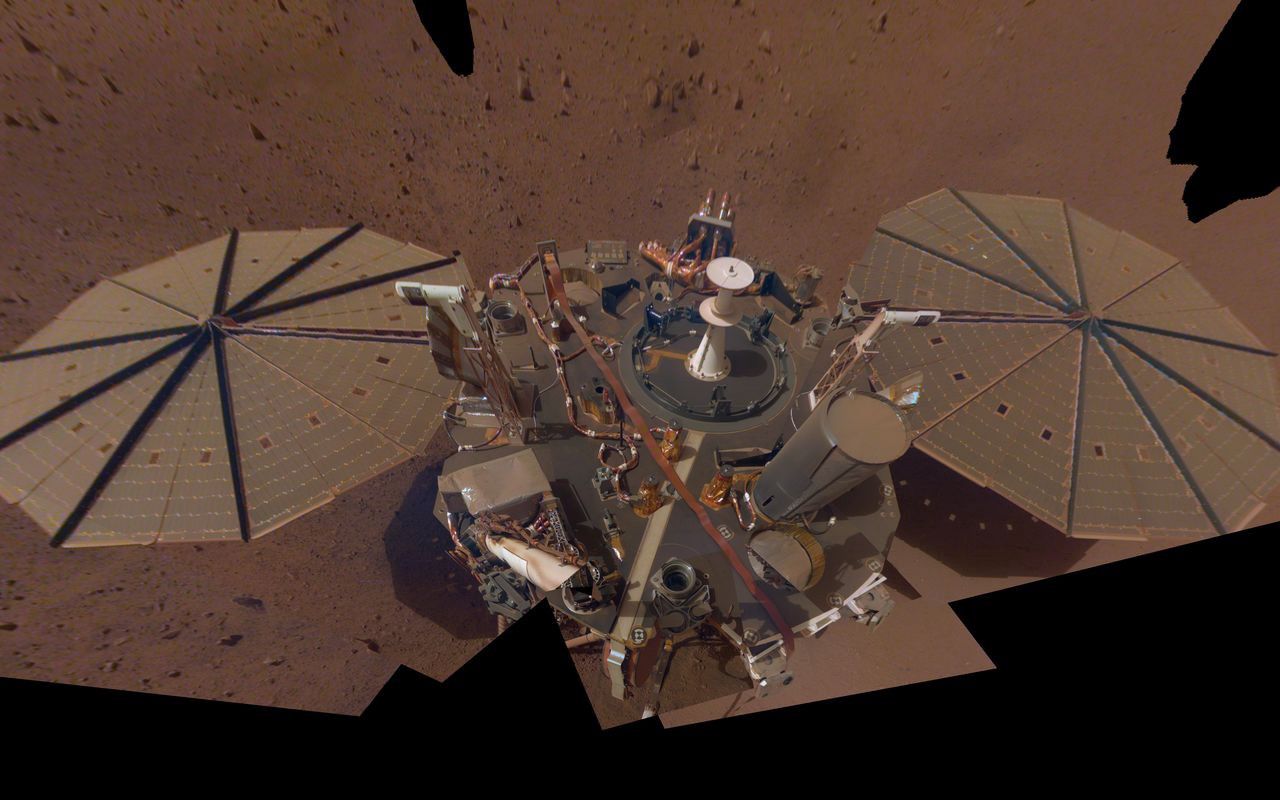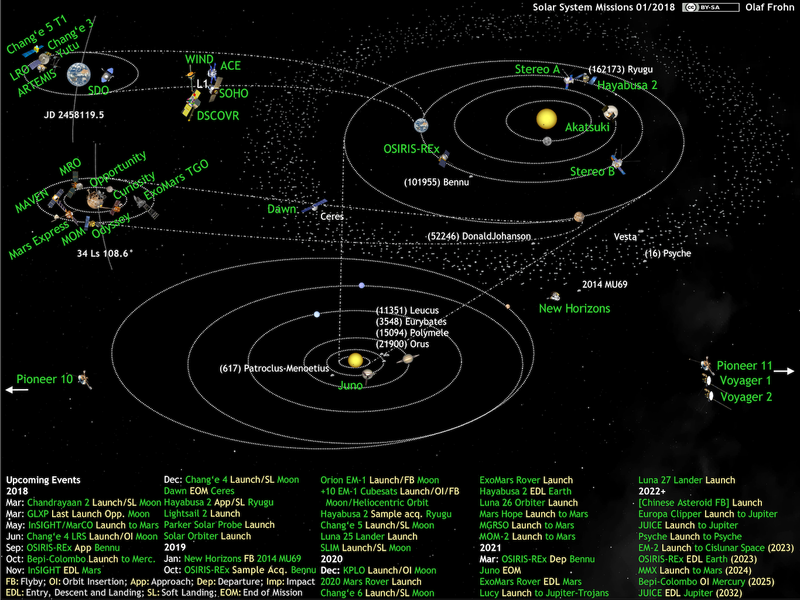Humans Will Never Colonize Space
The stars belong to the machines

50 years after the moon landing, the question isn’t when humans will colonize space. The question is why. Why homo sapiens at all? There are currently 19 active machines exploring the solar system. Why not them?
Humans refuse to see what we really are. We are animals. We are part of an ecosystem. We are not some disembodied intelligence that evolved on Earth and is going to leave it. It’s just not us. Humans are not from Earth. We are a part of the Earth. Homo sapiens will never leave the solar system.
The simple reason is that we are well above the baggage allowance for interstellar travel. We have to take half the Earth with us to survive, and even then we’d still be miserable.

Baggage Claim (Homo Sapiens)
Here’s all the stuff we need to bring with us in order to travel the stars.
First, take a deep breath. The very air you breathe is composed of the exhaust of other life forms. Plant farts. We need a lot of this.
Then poke your pudgy belly. Our cells evolved in water and thus our bodies remain mostly water. We left the ocean long ago but we have to replenish this every day.
Why is your belly pudgy? We have to eat all the time. Not electricity, not minerals, we have to consume other lifeforms. So in order to keep ourselves alive, we have to keep lots of other things alive. As you can see, this is quickly becoming a recursive problem.
Then think of your belly’s main export. Humans produce waste that poisons us. Both what we exhale (CO2) and what comes out of our pink pocket and stink rocket. Even getting it out isn’t easy, poop doesn’t separate from your butt without gravity.
Humans don’t just need need gravity to pinch a loaf. Think of whatever muscle mass you have. Without Earth-like gravity, our bones and muscles atrophy. In space this is supplemented (badly) with exercise machines. And this isn’t even getting started on our mental health.
As you can see, in order to travel away from Earth, we have to take significant portions of Earth along with us. Some approximation of gravity, other lifeforms, water, air. We’d also be miserable and, given all the mass required, incredibly slow. Furthermore, space travel is measured in hundreds of thousands of years. Humans die quickly, so we’d have to have babies in space, which would be all kinds of fucked up.
Basically homo sapiens makes for a terrible space traveller. If you were going to design a interstellar passenger from scratch it would not be us.

Homo Artificialis
Luckily, we are designing another lifeform from scratch. One that is silicon based, powered by electromagnetism, and one which has already begun to populate the stars.
That lifeform is AI.
No, not the stupid stuff people call AI which is supposed to optimize your customer funnel or other insipid tasks. Actual, Artificial General Intelligence. AI is evolving to be smarter and more creative than us without needing the same inputs.
It is also completely off the biological track of evolution, essentially evolving out of electromagnetism, which is easy to create and sustain in space. This evolutionary track is producing lifeforms much better equipped to shoot for the stars.
Here’s a quick laundry list of the stuff AI would need to pack.
Baggage Claim (Homo Artificialis)
It’s a very short list, because machines were born out of our imaginations, not the Earth per se.
- Energy (solar, nuclear)
- Spare parts, or the ability to mine and manufacture them
This list is so short that — while humans have been checking their baggage for 50 years — the machines have already left.

These active space probes are all machines. They are all stupid but so was early life. While humans are slowly getting their shit together to go to Mars, these machines will only keep evolving.
At the rate of advancement of both AI and space travel, it will be possible for AI to begin populating the universe before humans can get their galactic pants on. How?
The actual colonization of space isn’t such a hard problem once you take humans (and human time) out of the equation. As David Brin illustrates in Existence, the most logical means of colonizing space is self-replicating machines. Like a chain mail, or a virus.
These are machines that are shot into space. They land, mine materials, create more machines and shoot them to space. It’s been calculated that self-replicating machines could colonize the Milky Way within as little as half a million years.
This is a pointlessly long time for humanity, but if you stop thinking that there must be an ape in the spacecraft like homo sapiens, it makes sense. Machines can be patient, they can be diligent and they can spread quickly (in universe time) across space. They can also evolve, so perhaps they could spread even faster.
They can carry much of our civilization with them, but they would be a different species entirely. Homo Artificialis. Not part of the Earth, but part of the stars.
This is why humans will never colonize space. Because we are apes, because we are a part of the Earth. The machines we’re building, however, are something else. Something lighter, something simpler, something longer-lasting. The stars belong to them.